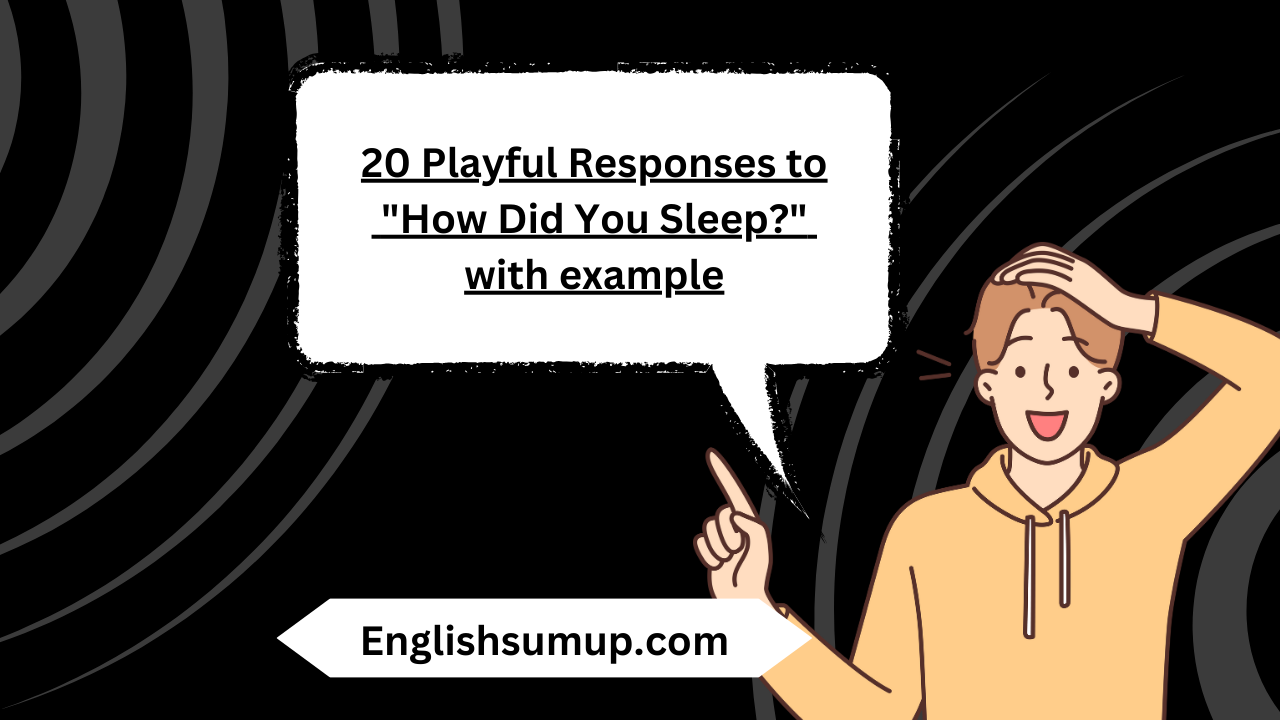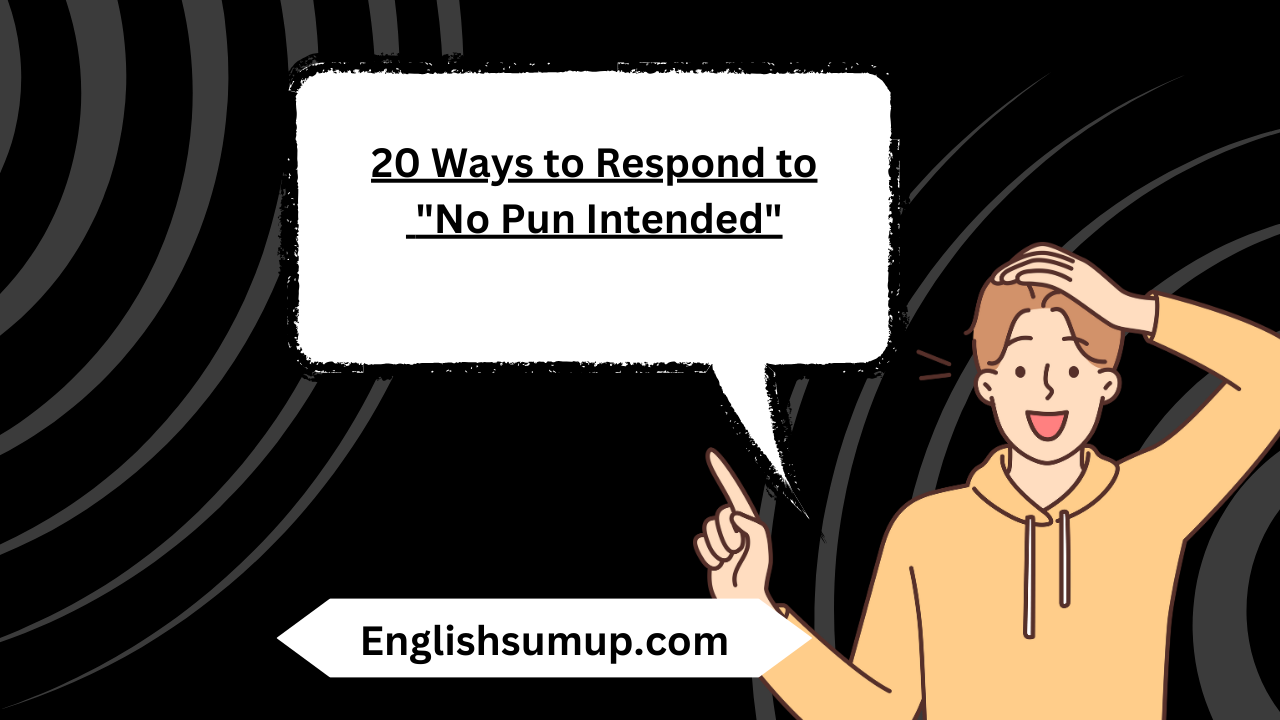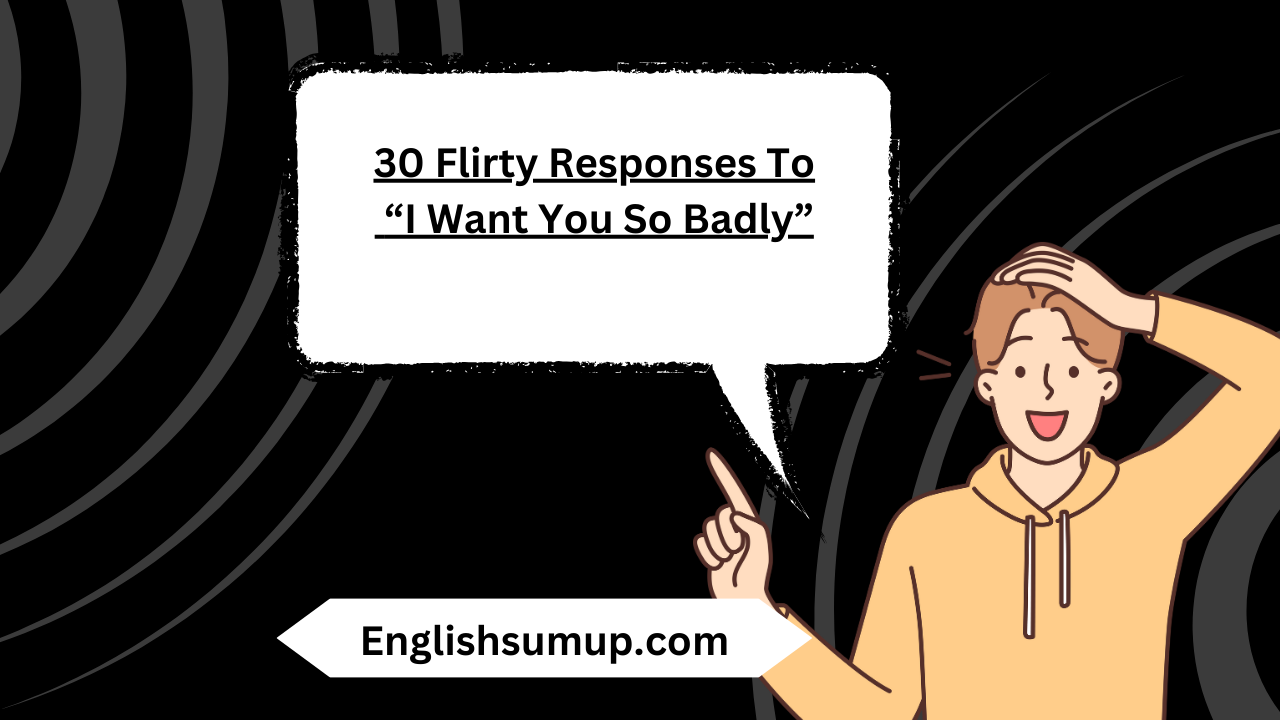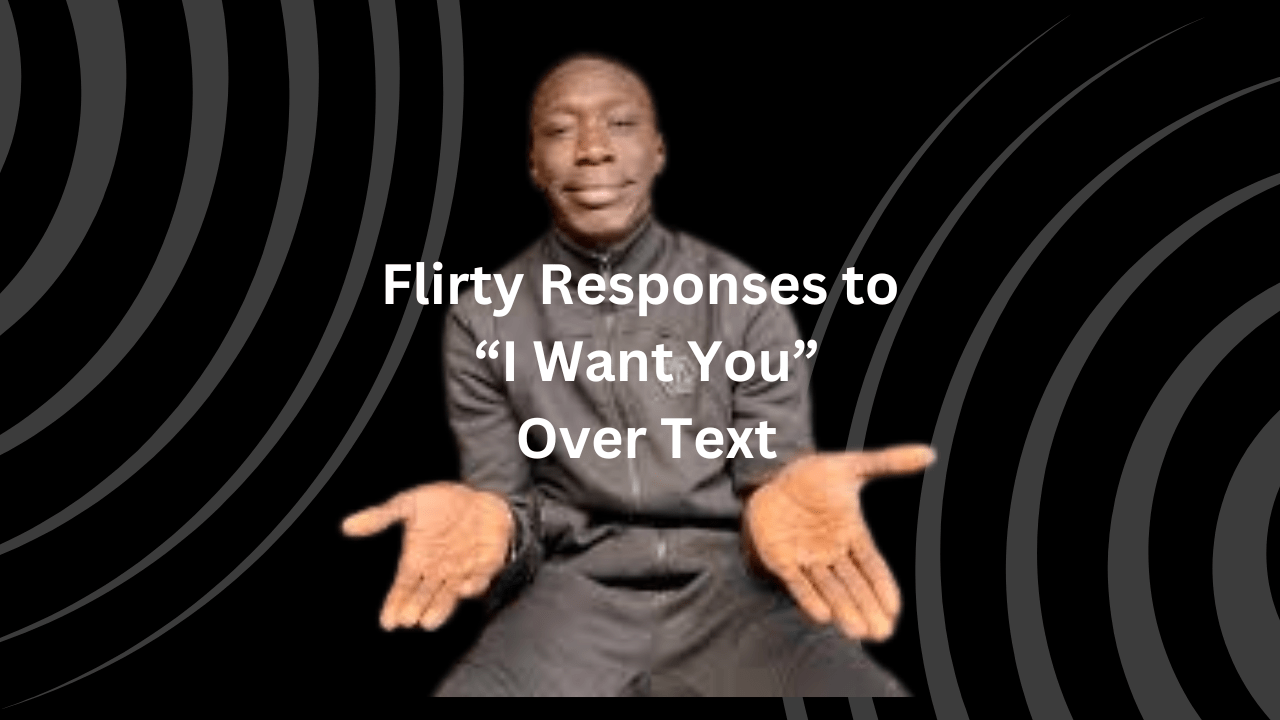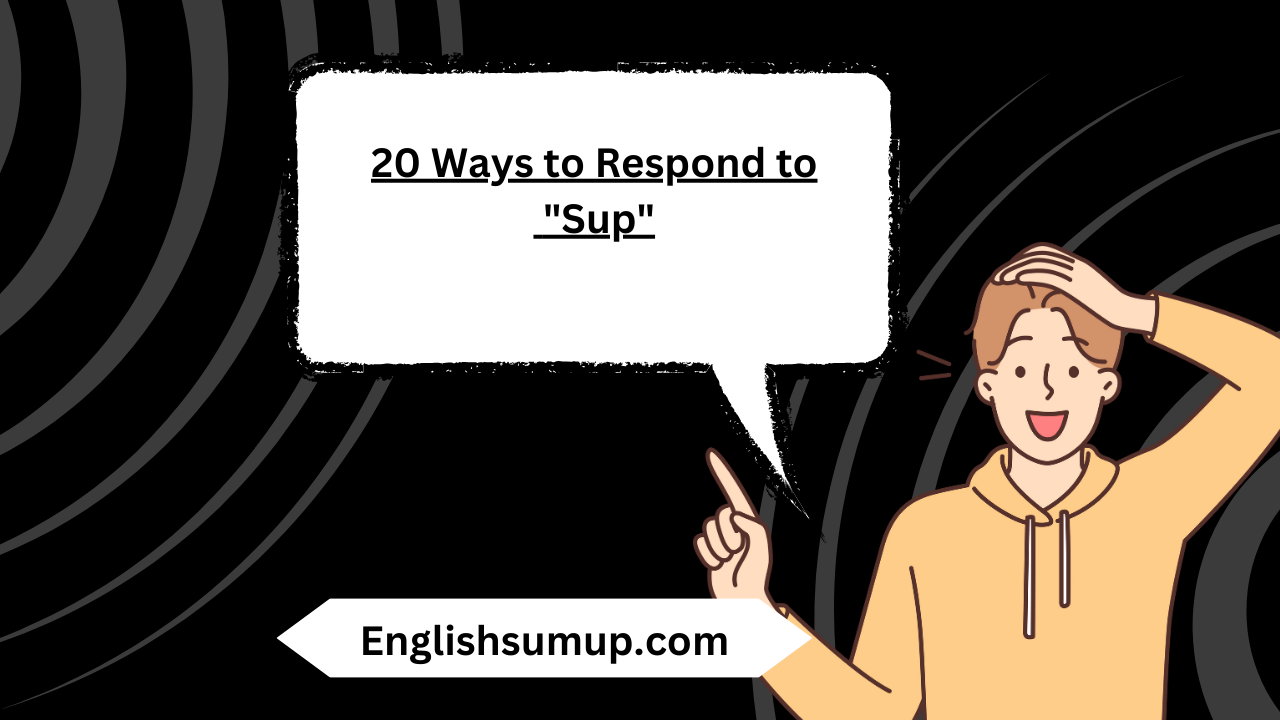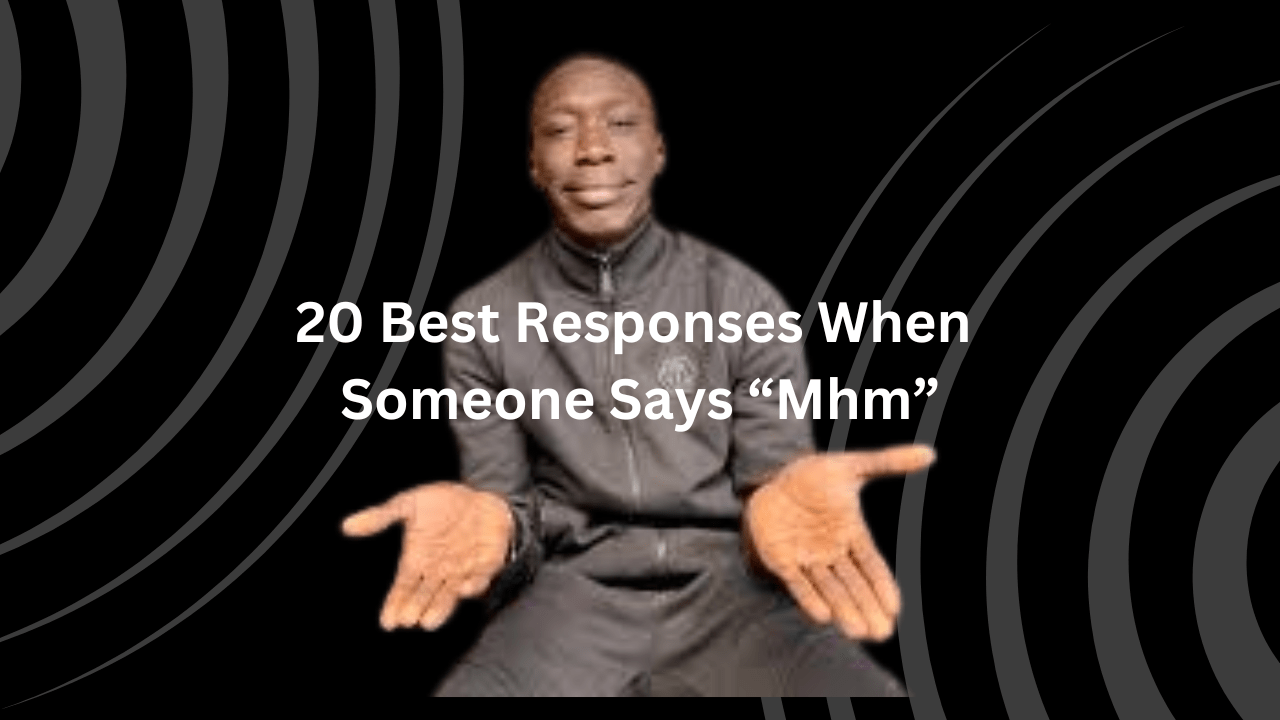Dealing with toxic people can be draining and challenging. Whether they’re throwing subtle digs or blatant insults, having a few sharp comebacks can help you maintain your composure and put boundaries in place. Here’s a list of 34 savage comebacks tailored for those moments when you need to respond to toxic behavior:
Here Are 34 Savage Comebacks For Toxic People Who Bother You
- “I’d agree with you, but then we’d both be wrong.”
- “I’m sorry, could you repeat that? I don’t speak nonsense.”
- “Oh, I’m sorry. Did the middle of my sentence interrupt the beginning of yours?”
- “I don’t remember ordering a glass of your opinion.”
- “I’ve been called worse by better.”
- “Keep rolling your eyes. Maybe you’ll find a brain back there.”
- “Your drama doesn’t just need a stage, it needs an entire theater.”
- “I’m busy right now; can I ignore you some other time?”
- “I’m not a proctologist, but I know an asshole when I see one.”
- “I would have given you a nasty look, but you already have one.”
- “Shock me, say something intelligent.”
- “If laughter is the best medicine, your face must be curing the world.
- “Your secrets are always safe with me. I never even listen when you tell me them.”
- “I’d explain it to you but I left my English-to-Dingbat dictionary at home.”
- “I’m visualizing duck tape over your mouth.”
- “Beauty is skin deep, but ugly goes clean to the bone.”
- “Too bad stupidity isn’t painful.”
- “I believe in respect for the dead; in your case, I’m willing to make an exception.”
- “Please, save your breath. You’ll need it to blow up your date.”
- “You are proof that evolution can go in reverse.”
- “Brains aren’t everything. In fact, in your case, they’re nothing.”
- “Sorry, I didn’t get that. I don’t speak bullsh*t.”
- “You bring everyone so much joy when you leave the room.”
- “I would have given your comment the attention it deserved, but it didn’t have any.”
- “I thought of you today. It reminded me to take out the trash.”
- “Don’t worry, the first forty years of childhood are always the hardest.”
- “I’d say you’re ‘at one with nature,’ but I don’t think nature wants to be that close to you.”
- “I believed in evolution until I met you.”
- “Some cause happiness wherever they go; you cause happiness whenever you go.”
- “I’d give you a nasty look but you’ve already got one.”
- “Why is it acceptable for you to be an idiot but not for me to point it out?”
- “Your gene pool could use a little chlorine.”
- “I’d tell you how I really feel, but I wasn’t born with enough middle fingers.”
- “If ignorance is bliss, you must be the happiest person on the planet.”
“I’d agree with you, but then we’d both be wrong.”
This comeback employs humor to disarm toxic People who present flawed arguments or opinions. By suggesting that agreeing with them would result in mutual error, it indirectly highlights the illogical nature of their stance. This approach avoids direct confrontation while still making it clear that their viewpoint lacks credibility.
“I’m sorry, could you repeat that? I don’t speak nonsense.”
This response serves as a playful way to dismiss nonsensical remarks made by toxic People. By implying that their words lack coherence or relevance, it subtly communicates the speaker’s unwillingness to engage with irrational or baseless arguments. It maintains boundaries and avoids legitimizing irrational discourse.
“Oh, I’m sorry. Did the middle of my sentence interrupt the beginning of yours?”
This comeback is effective in addressing toxic People who habitually interrupt or talk over others. By sarcastically pointing out their rudeness, it draws attention to their behavior without resorting to overt hostility. It encourages them to reflect on their communication habits while asserting the speaker’s right to be heard.
You may love this One: “Comebacks for Low Ball Offers: Try these 20 strategies”
“I don’t remember ordering a glass of your opinion.”
This response is a direct and assertive way to reject unsolicited advice or opinions from toxic People. By metaphorically likening their input to an unwanted beverage, it communicates that their viewpoint is neither desired nor appreciated. It sets clear boundaries and reinforces the speaker’s autonomy.
“I’ve been called worse by better.”
This comeback combines humor with self-assurance to deflect insults or derogatory remarks from toxic People. By downplaying the impact of their words and implying that superior individuals have criticized the speaker, it diminishes the toxic person’s attempt to undermine their confidence. It demonstrates resilience and confidence in the face of negativity.
“Keep rolling your eyes. Maybe you’ll find a brain back there.”
This response employs sarcasm to address condescending or dismissive behavior from toxic People. By suggesting that their eye-rolling reflects intellectual deficiency, it challenges their superiority complex and asserts the speaker’s intelligence. It highlights the absurdity of their behavior while subtly undermining their arrogance.
“Your drama doesn’t just need a stage, it needs an entire theater.”
This comeback uses humor to address attention-seeking or manipulative behavior from toxic People. By metaphorically comparing their behavior to a theatrical production, it highlights the exaggerated nature of their drama. It encourages them to reflect on their actions while maintaining a lighthearted tone.
“I’m busy right now; can I ignore you some other time?”
This response is a humorous way to dismiss demands for attention from toxic People. By humorously suggesting that their request for engagement is inconsequential, it communicates the speaker’s unwillingness to prioritize their needs. It maintains boundaries while diffusing tension with humor.
“I’m not a proctologist, but I know an asshole when I see one.”
This comeback employs boldness and humor to address disrespectful or offensive behavior from toxic People. By using a humorous analogy to convey their disdain, it communicates the speaker’s refusal to tolerate mistreatment. It asserts boundaries while signaling that their behavior is unacceptable.
“I would have given you a nasty look, but you already have one.”
This response uses humor to address negative or hostile behavior from toxic People. By humorously acknowledging their unkind demeanor, it disarms their attempt to intimidate or provoke. It maintains composure while subtly challenging their negativity.
“Shock me, say something intelligent.”
This comeback employs sarcasm to address ignorant or foolish remarks from toxic People. By sarcastically challenging them to offer something of substance, it highlights the inadequacy of their contributions. It asserts the speaker’s intellectual superiority while undermining their credibility.
You may love this One: 23 Good Comebacks To Win “I Love You More” Argument
“If laughter is the best medicine, your face must be curing the world.”
This response uses humor to address critical or judgmental behavior from toxic People. By humorously suggesting that their presence brings joy to others, it challenges their negative attitude. It maintains composure while subtly highlighting the absurdity of their criticism.
“Your secrets are always safe with me. I never even listen when you tell me them.”
This comeback employs humor to address gossip or manipulative behavior from toxic People. By humorously dismissing their attempts to elicit confidential information, it communicates the speaker’s refusal to engage in toxic dynamics. It maintains boundaries while diffusing tension with humor.
“I’d explain it to you but I left my English-to-Dingbat dictionary at home.”
This response uses humor to address confusion or misunderstanding from toxic People. By humorously implying that their lack of comprehension is beyond help, it communicates the speaker’s frustration while maintaining composure. It asserts boundaries while diffusing tension with humor.
“I’m visualizing duct tape over your mouth.”
This comeback employs humor to address incessant or annoying behavior from toxic People. By humorously suggesting that their silence would be preferable, it communicates the speaker’s frustration while maintaining boundaries. It diffuses tension with humor while asserting the speaker’s autonomy.
“Beauty is skin deep, but ugly goes clean to the bone.”
This response uses metaphor to address superficial or judgmental behavior from toxic People. By metaphorically suggesting that their negativity runs deep, it challenges their shallow perspective. It maintains composure while subtly highlighting the inadequacy of their criticism.
“Too bad stupidity isn’t painful.”
This comeback employs sarcasm to address ignorant or foolish behavior from toxic People. By sarcastically expressing frustration with their lack of intelligence, it subtly points out the absurdity of their statements. It maintains composure while emphasizing that their behavior is not only misguided but also lacks any self-awareness.
“I believe in respect for the dead; in your case, I’m willing to make an exception.”
This response uses sharp wit to address disrespectful or derogatory behavior from toxic People. By playing on the phrase about respecting the dead, it humorously suggests that the toxic person’s behavior or attitudes are so abhorrent that they don’t deserve the usual courtesies extended in civil discourse. It signals a firm boundary while also providing a cutting retort.
“Please, save your breath. You’ll need it to blow up your date.”
This comeback employs humor and a bit of risqué suggestion to deflect unwelcome advances or comments from toxic People. By implying that their romantic prospects are so dismal that they might resort to inflatable dates, it not only dismisses their current conversation but also mocks their social skills. It’s a playful yet clear dismissal of unwanted attention.
You may love this One: 20 Hilarious Comebacks to “No Way Jose”
“You are proof that evolution can go in reverse.”
This response uses irony to criticize the behavior or intelligence of toxic People. By suggesting that their actions or thoughts are so primitive that they contradict evolutionary progress, it highlights their backwardness. It’s a clever way to assert superiority and emphasize the regressive nature of their behavior.
“Brains aren’t everything. In fact, in your case, they’re nothing.”
This comeback starkly points out the perceived lack of intelligence or thoughtfulness in a toxic People. By asserting that brains, while generally important, are non-existent in their case, it dismisses their opinions or actions as baseless. It’s a straightforward and dismissive retort that places value on intelligence, which the toxic individual seemingly lacks.
“Sorry, I didn’t get that. I don’t speak bullsh*t.”
By claiming an inability to understand because the language spoken is ‘bullsh*t’, this comeback humorously dismisses nonsensical or deceitful statements made by toxic People. It serves to invalidate their comments and indicates the speaker’s unwillingness to engage with dishonesty or foolishness.
“You bring everyone so much joy when you leave the room.”
This response uses biting sarcasm to critique a toxic People’s presence as undesirable. By suggesting that their absence is more appreciated than their presence, it underscores the negative impact they have on others. It’s a direct and somewhat harsh way of highlighting their unpopularity.
“I would have given your comment the attention it deserved, but it didn’t have any.”
This comeback dismisses the value of what the toxic People has said, suggesting it was not worthy of attention. It’s a way of asserting that their comments are insignificant and do not merit consideration, helping to maintain emotional distance from the toxicity.
“I thought of you today. It reminded me to take out the trash.”
By comparing the toxic individual to ‘trash’, this response starkly devalues their worth in the speaker’s life. It’s a metaphor for disposing of the negative influences, much like one would discard useless or unwanted items. It’s both a personal boundary and a clear insult.
“Don’t worry, the first forty years of childhood are always the hardest.”
This quip mocks the maturity level of the toxic People, implying that they have retained childlike traits far into adulthood. It’s a humorous yet pointed critique of their lack of growth and responsibility.
“I’d say you’re ‘at one with nature,’ but I don’t think nature wants to be that close to you.”
This response plays on the idea of being ‘at one with nature’—typically a positive trait—but twists it to suggest that even nature would reject such a toxic person. It’s a clever way of highlighting their unlikability in a humorous, yet biting manner.
“I believed in evolution until I met you.”
By suggesting that their encounter with the toxic person has made them question the very concept of evolutionary progress, this comeback underscores how regressively the individual behaves or thinks. It’s an intellectual jab that mocks the other person’s perceived primitiveness.
“Some cause happiness wherever they go; you cause happiness whenever you go.”
This twist on a common saying emphasizes that the toxic person’s departure, rather than their presence, brings joy to others. It’s a wry observation of their negative impact, wrapped in a clever reversal of expectation.
“I’d give you a nasty look but you’ve already got one.”
Repeating the earlier sentiment, this comeback again uses physical appearance as a metaphor for their unpleasant demeanor or attitude. It’s a quick, sharp jab that turns the focus onto the toxic person’s own expressions.
“Why is it acceptable for you to be an idiot but not for me to point it out?”
This challenges the double standards often upheld by toxic individuals who may criticize others but cannot tolerate criticism themselves. It’s a straightforward confrontation of their hypocrisy, highlighting unfairness in their behavior.
“Your gene pool could use a little chlorine.”
Likening their gene pool to a contaminated pool needing purification, this insult hints at the undesirable traits they possess. It’s a harsh yet humorous way to suggest that their very essence is tainted.
“I’d tell you how I really feel, but I wasn’t born with enough middle fingers.”
This comeback communicates a depth of disdain so profound that ordinary gestures of contempt—like flipping someone off—are insufficient. It exaggerates the speaker’s negative feelings while humorously pointing out the insufficiency of typical expressions of scorn.
“If ignorance is bliss, you must be the happiest person on the planet.”
By correlating bliss with ignorance, this remark sarcastically commends the toxic person for their obliviousness. It’s a scathing critique of their lack of awareness, framed as a backhanded compliment.





